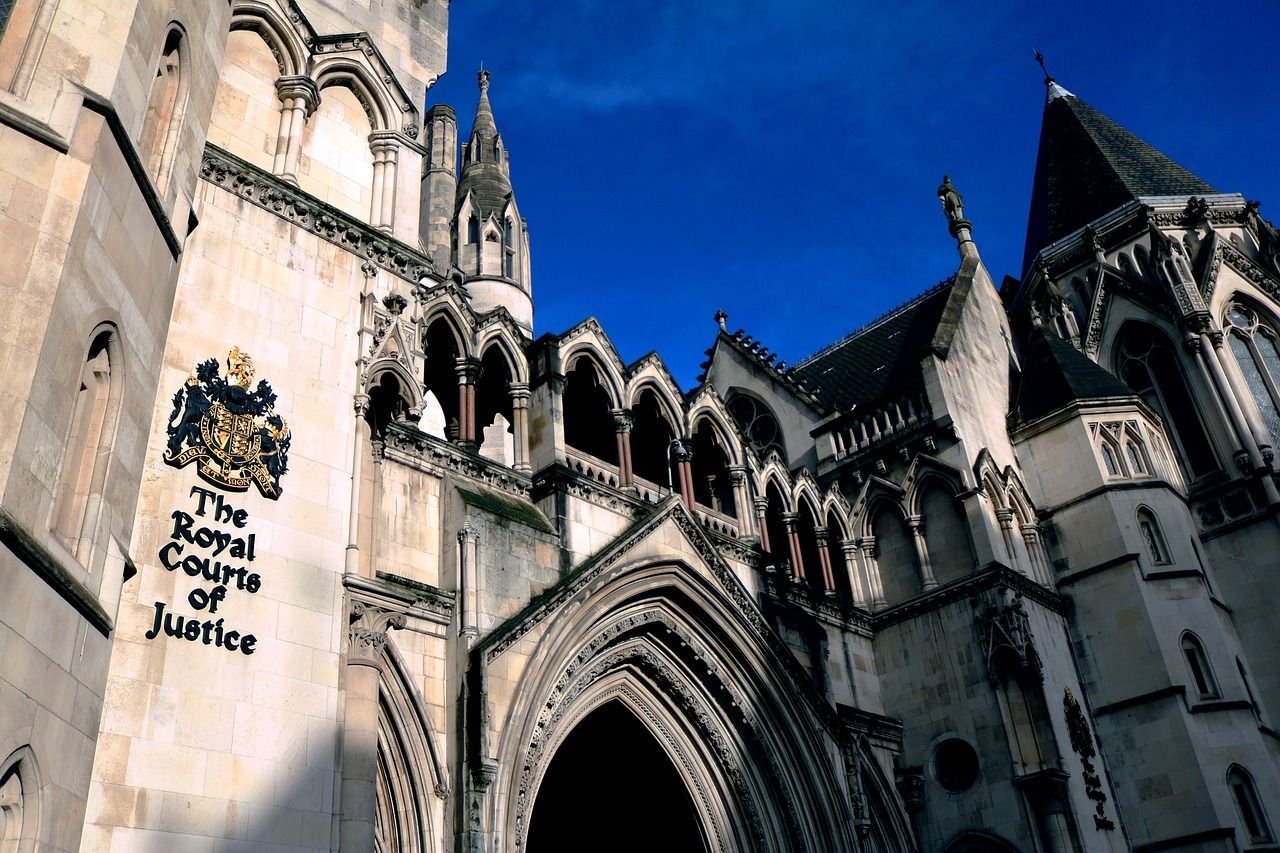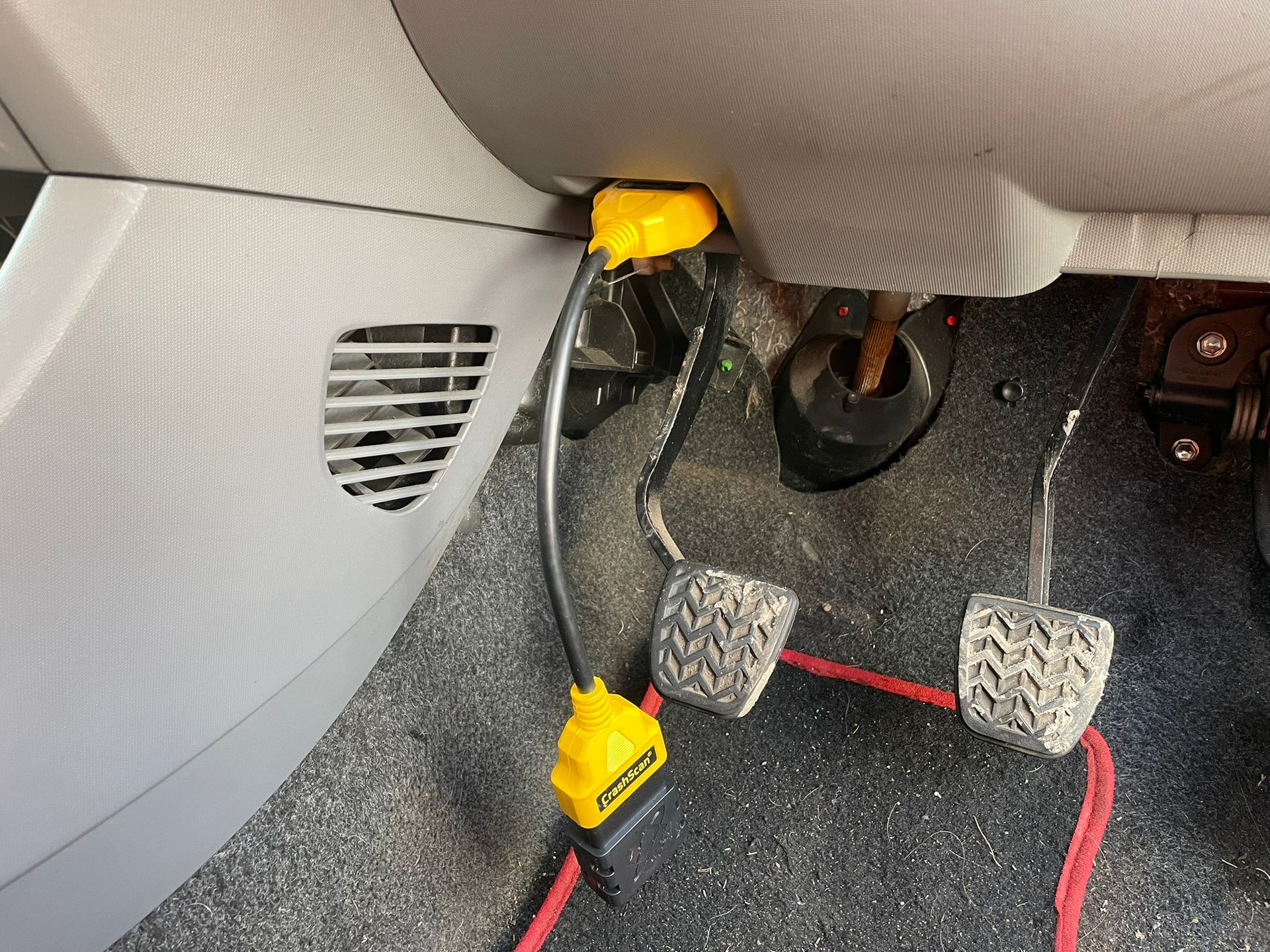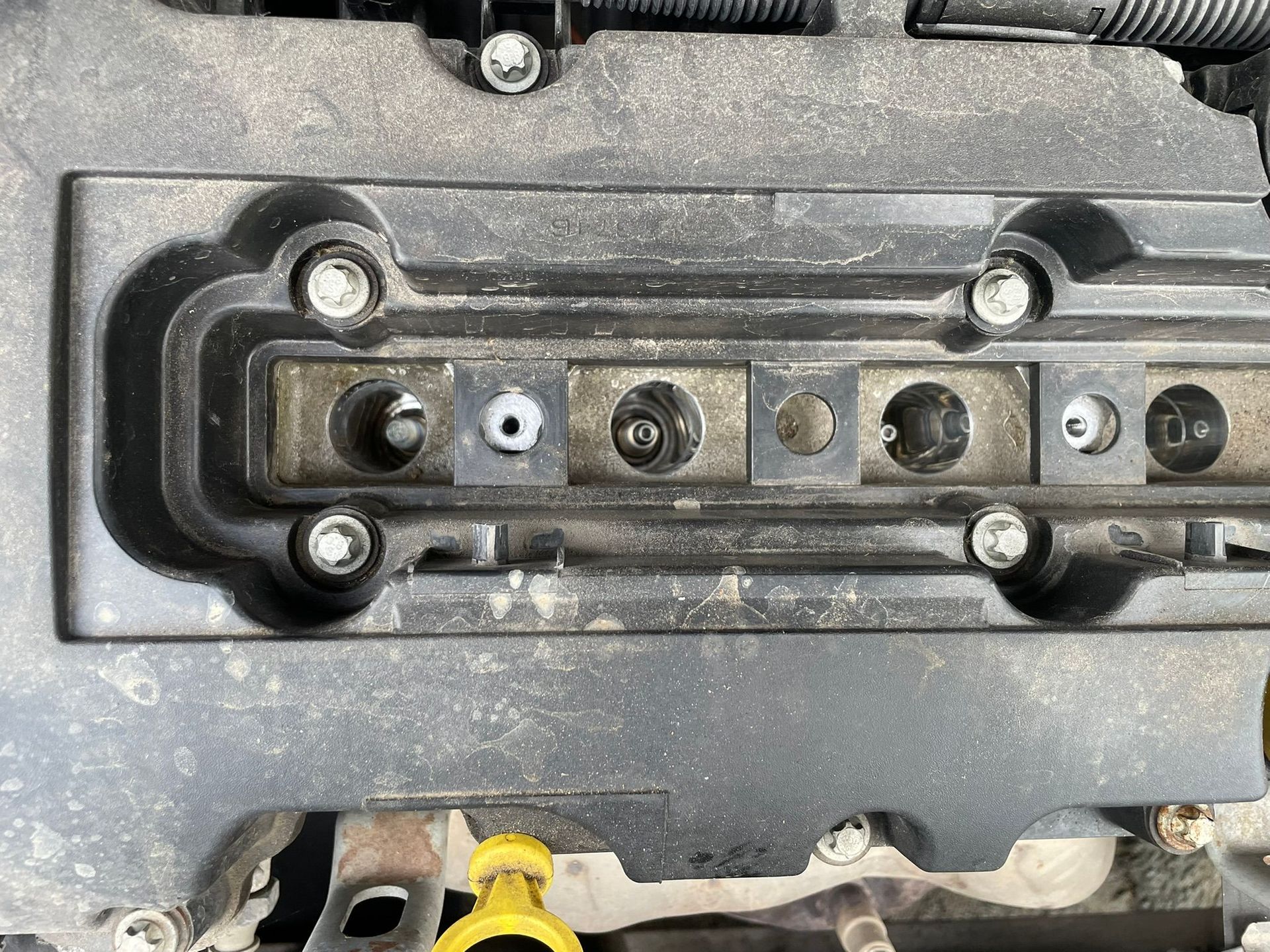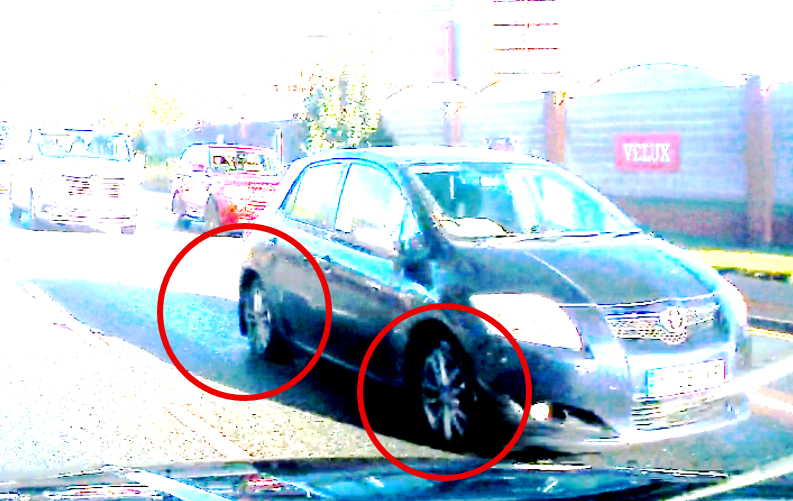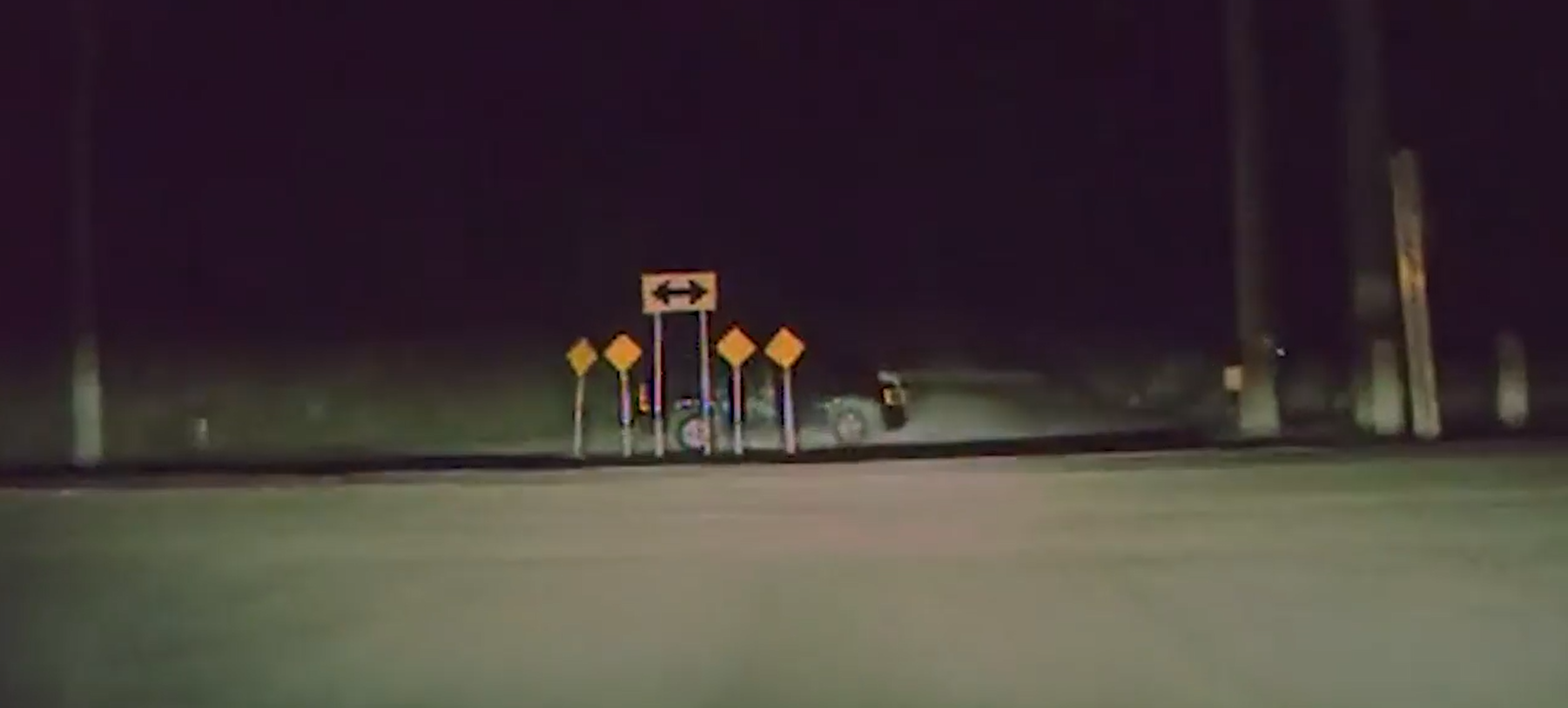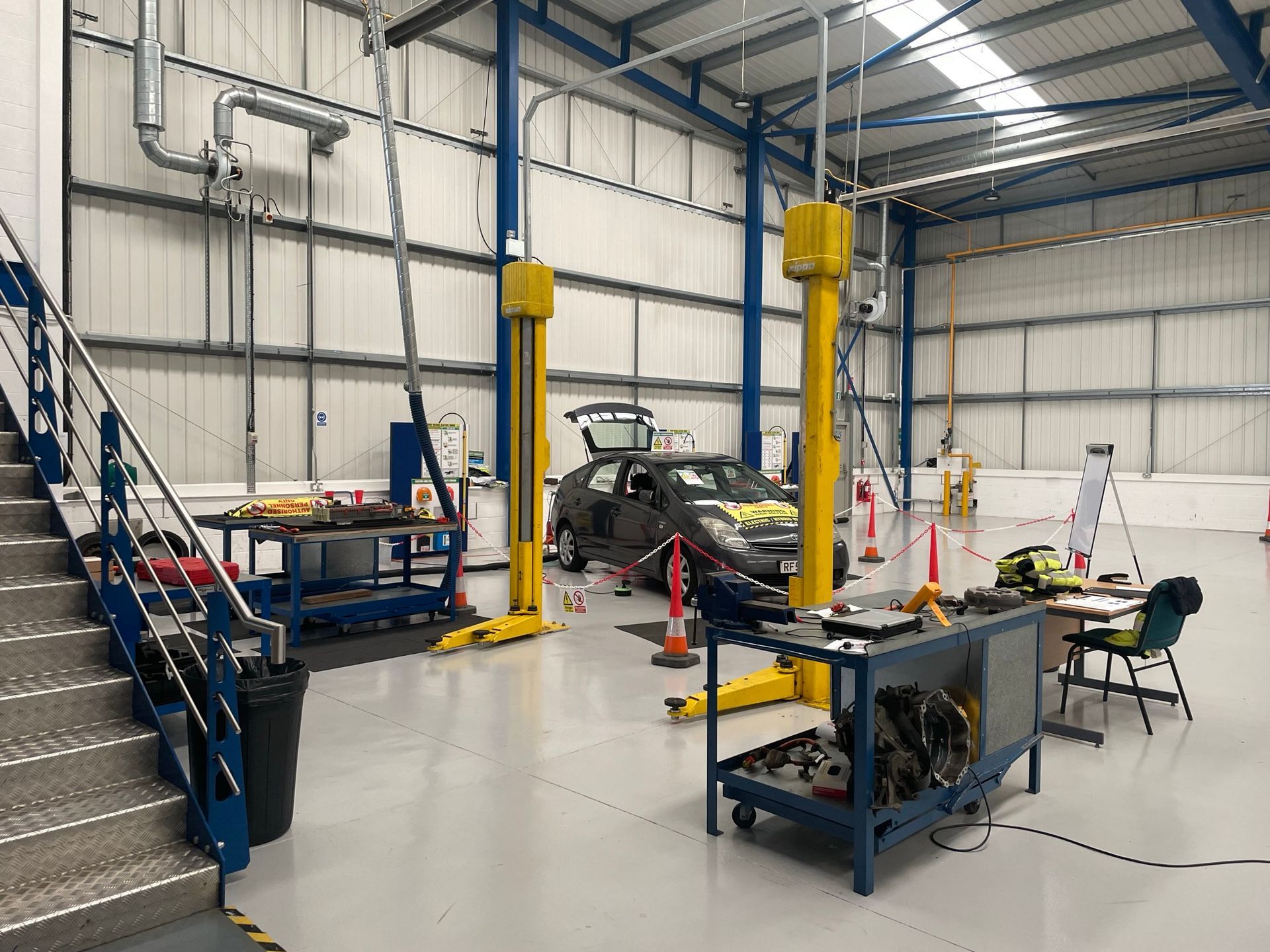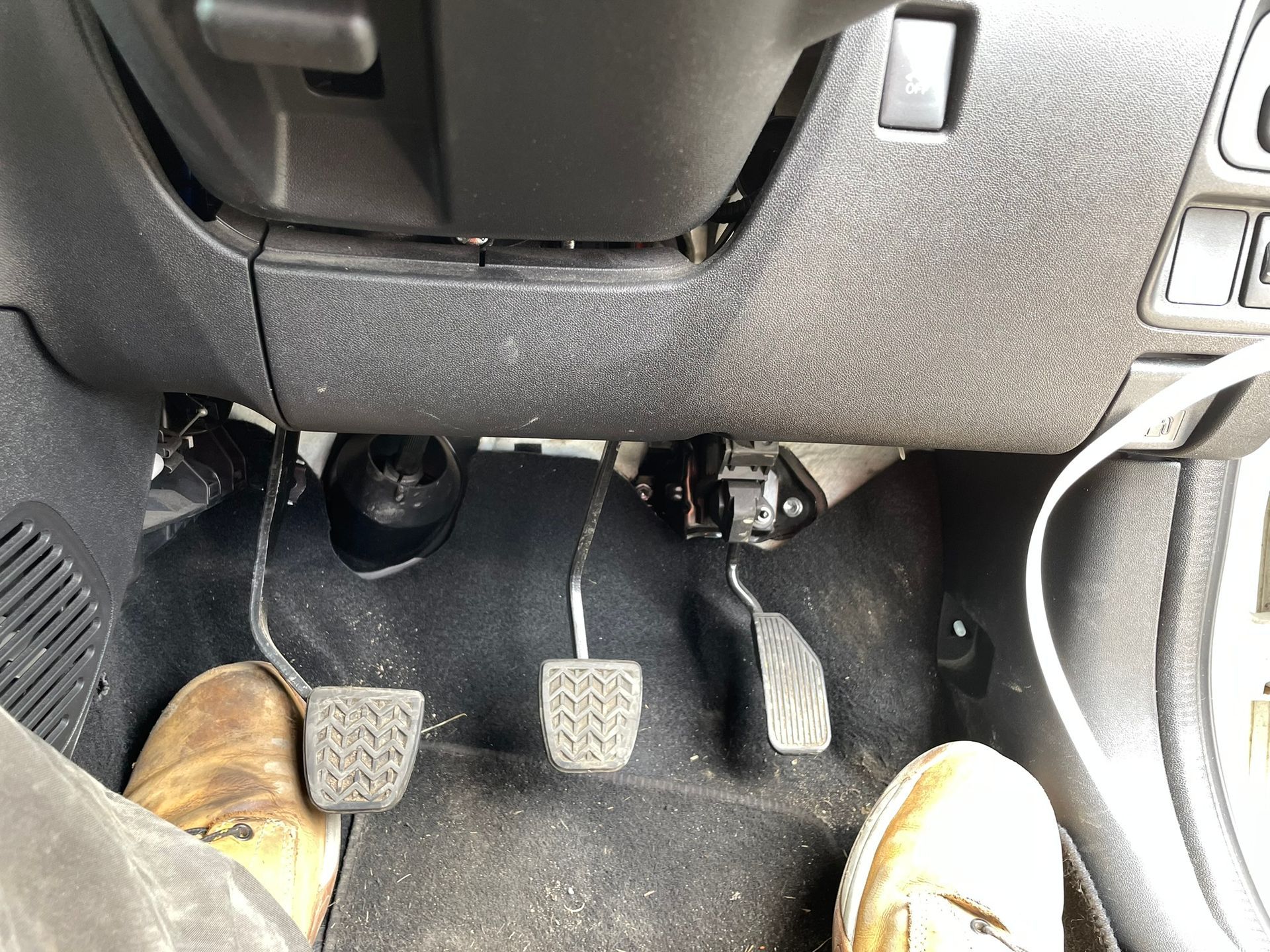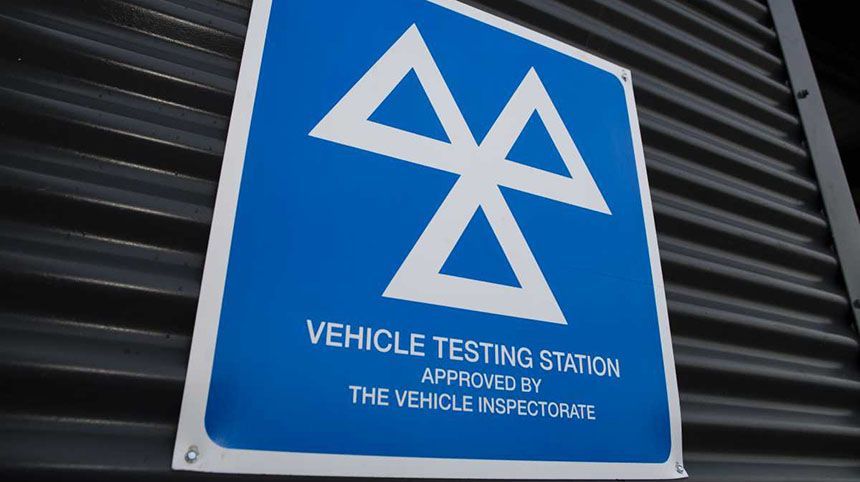Substansial changes are afoot...
The Forensic Science Regulators (FSR) Code of Practice (CoP) is now live and the changes for everyone involved involved in the criminal justice system are profound.
The code sets out a schedule of activities which are considered forensic science activities or FSAs for short.
For every FSA, there is a corresponding definition, so for collision investigation, the definition is FSA-INC101 - Collision Investigation. The definition seek to identify what activities will be come under the heading of collision investigation or whatever definition is being looked at.
Whilst the current code does not apply broadly to collision investigation, it does apply to certain activities connected with collision investigation, the main ones being:
- FSA-INC100 - Incident scene examination (although I suspect from the definition this realistically only applies to those attending live collision scenes such as the Police),
- FSA-DIG100 - Data capture, processing and analysis from digital storage devices (as this appears to encapculate event data recorders, collision data retrieval tools and other digital mediums, such as Berla),
- FSA-DIG301 - Specialist video multimedia, recovery, processing and analysis (as this covers estimation of vehicle speed from footage).
Where practitioners undertake these activities, they are required to be accredited to an appropriate accreditation standard, which will usually be ISO 17020 or ISO 17025. This applies to all practitioners, including single person (like Driven Forensics), large consultancies, the emergency services and it matters not, whether the practitioner accepts their instructions on behalf of the prosection or defence.
If a practitioner and/or the company they are employed by are not accredited, they will not be permitted to tender evidnece to the Criminal Justice system unless they can satistfy the FSR (and ultimately the Court) there are profound reasons for their lack of accredtiation. One example (quite sensibly entered in to the Code) is for infrequent experts, who are individuals whose primary purpose is not the delivery of evidence to the Criminal Justice system.
For the wider Criminal Justice community (victims, solicitors, barristers, judges), this means before instructing an expert, they will need to satifsfy themselves (and confirm with their chosen expert) that they are capable and have the appropriate accreditation to undertake the work required.
The current Code of Practice can be viewed here: https://assets.publishing.service.gov.uk/media/64da431cc8dee4000d7f1c1e/FINAL_2023.1.18_Code_of_Practice.pdf

